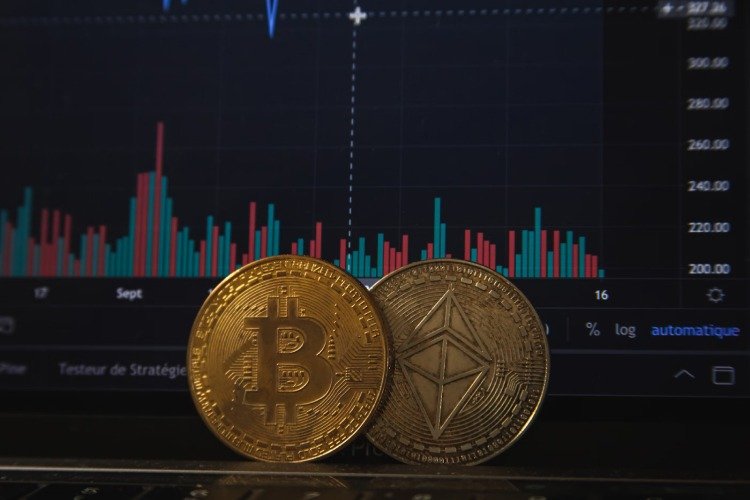Will Crypto Replace Fiat At Online Casinos?

Cryptocurrencies have increasingly gained traction in various sectors, including online gambling and casinos, sparking discussions about their potential to replace traditional fiat currencies. The question of whether crypto will entirely replace fiat at online casinos is complex and multifaceted, influenced by technological advancements, regulatory landscapes, and market dynamics.
Current Landscape of Cryptocurrency in Online Casinos
Cryptocurrencies like Bitcoin, Ethereum, and others have already made significant inroads into the online gambling industry. Many online casinos now accept cryptocurrencies as a form of payment alongside traditional fiat currencies. This acceptance has been driven by several factors:
-
Provably Fair gaming: Many crypto casino sites offer provably fair gaming, which is a huge draw for players. This creates trust between gamers and casino sites as players can verify the outcomes of games. According to this source, some sites even test their games monthly for fairness to ensure the best, and safest, experience for players.
-
Speed and Lower Fees: Transactions with cryptocurrencies are often faster and incur lower fees compared to traditional banking methods. This efficiency benefits both players and casinos, reducing overhead costs associated with payment processing.
-
Global Accessibility: Cryptocurrencies transcend geographical boundaries and currency exchange rates, allowing players from different countries to participate in online gambling without currency conversion issues.
-
Anonymity and Security: Cryptocurrencies offer enhanced anonymity and security compared to traditional payment methods. Blockchain technology ensures transactions are transparent, traceable, and secure, appealing to players concerned about privacy and data protection. Players who prefer to protect their identity online typically choose to wager using crypto at one of the many anonymous casinos now available online.
Potential for Crypto to Replace Fiat at Online Casinos
A growing number of online merchants are starting to accept crypto, not just casinos. This shows just how beneficial digital coin payments can be across a variety of sectors. Let’s explore the potential of crypto replacing fiat in online casinos specifically:
Advantages of Crypto Over Fiat
-
Decentralization: Cryptocurrencies operate independently of central banks and governments, providing a decentralized alternative to fiat currencies that appeals to proponents of financial autonomy.
-
Inflation Hedge: Some cryptocurrencies, like Bitcoin, are seen as a hedge against inflation due to their limited supply and deflationary nature, making them attractive stores of value for long-term investors and gamblers alike.
-
Integration with Blockchain Technology: The use of blockchain technology ensures transparency and fairness in gaming operations, mitigating concerns about rigged outcomes or unfair practices.
Challenges to Full Replacement
-
Volatility: Cryptocurrency prices are notoriously volatile, experiencing significant fluctuations over short periods. This volatility poses risks for both players and casinos in terms of the value of funds held or wagered.
-
Regulatory Uncertainty: Regulatory frameworks for cryptocurrencies vary widely across jurisdictions, with some countries embracing them while others impose restrictions or bans. This regulatory uncertainty complicates widespread adoption in the online gambling sector.
-
User Education and Accessibility: Despite growing awareness, cryptocurrencies still require a level of technical knowledge and infrastructure that may be daunting for some players and casinos, hindering widespread adoption.
The Future Outlook
While cryptocurrencies offer several advantages over fiat currencies in online gambling, the likelihood of them completely replacing fiat remains uncertain. Instead, a hybrid model where both crypto and fiat currencies coexist is more probable in the foreseeable future. This hybrid approach allows casinos to cater to a diverse global audience with varying preferences and regulatory environments.